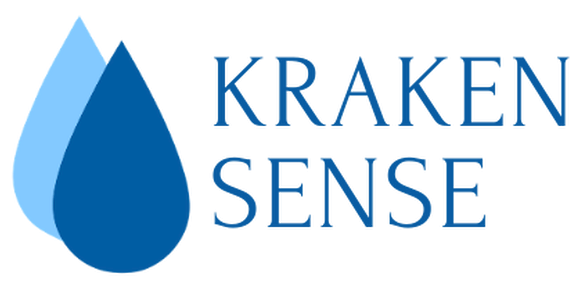As it proceeds through the prestigious IndieBio accelerator, Kraken Sense is also working on moving its headquarters from Mississauga, Ont., to Sydney, Cape Breton.
Kraken has developed a culture-based test that tells food producers and water companies quickly whether their product contains pathogens, which are such disease-causing micro-organisms as bacteria and viruses.
The company has recently begun working with the Verschuren Centre for Sustainability in Energy and the Environment at Cape Breton University, which has lab facilities that could help it to achieve industrial scale production of its device. The company plans to hire at least two post-doctoral researchers at its budding Cape Breton operation and hopefully to move the company to Sydney.
“That’s the reason for our move – the Verschuren Centre,” said Founder and CEO Nisha Sarveswaran in an interview. “They have all the cutting-edge equipment we need. . . . and it will be increasing our R&D efficiency.”
She added that the CBU facility has the rare combination of providing companies with the lab facilities they need and allowing the companies to retain their intellectual property.
Sarveswaran started Kraken Sense – which has no relationship with St. John’s-based Kraken Robotics – about two years ago to help solve a common problem in the food and water industries. Companies in these industries are required by regulators to test their products for such pathogens as e coli and salmonella before shipping.
Read our Report on Another IndieBio Company, Reazent.
The problem is the producers usually have to wait three days for the test results, but food has to be shipped immediately so it doesn’t spoil. So if there is a problem detected, the producer has to issue a recall and the public may have been exposed to dangerous food. Given that 6 percent of all food is wasted (most of it in the supply chain), Kraken Sense could not only cut shipping costs but also reduce greenhouse gas emissions by reducing the transport of food.
“What we’ve developed is a sensor that is able to get you results within five minutes so you’re able to know before the food is going out whether it is safe,” said Sarveswaran.
Kraken Sense has developed sensors that can detect pathogens and uses internet of things technology to analyze the results of each test. At the time of the interview earlier this month, the company was on the verge of launching a trial, testing for e coli, which is the first pathogen it will target as it tends to occur in high concentrations.
As it finalizes the design of the product, Kraken Sense is working with Halifax-based engineering firm Enginuity to help with the development of the prototype. It expects to have a full launch early in 2021.
Though the product has not yet been approved by the Food and Drug Administration or Health Canada, food companies could still use it for an initial test while they await the results of the three-day test. Such a process would allow Kraken Sense to get early revenue while it is going through the regulatory process. The company now employs five people and expects to add four to five people in the next eight months.
Last summer, the company was admitted to IndieBio, a life sciences accelerator in Silicon Valley that invests US$250,000 (C$350,000) in all participants. Surprisingly, the company’s attendance at IndieBio led to linking up with the Verschuren Centre. The cohort attendees included Reazent, an agtech company that has moved to Nova Scotia from India under the Startup Visa program. Reazent CEO Sumit Verma told Sarveswaran about the centre and its facilities, and introduced her to Innovacorp execs Paul Richards and Bob Pelley, who have helped the company work with the Verschuren Centre.








